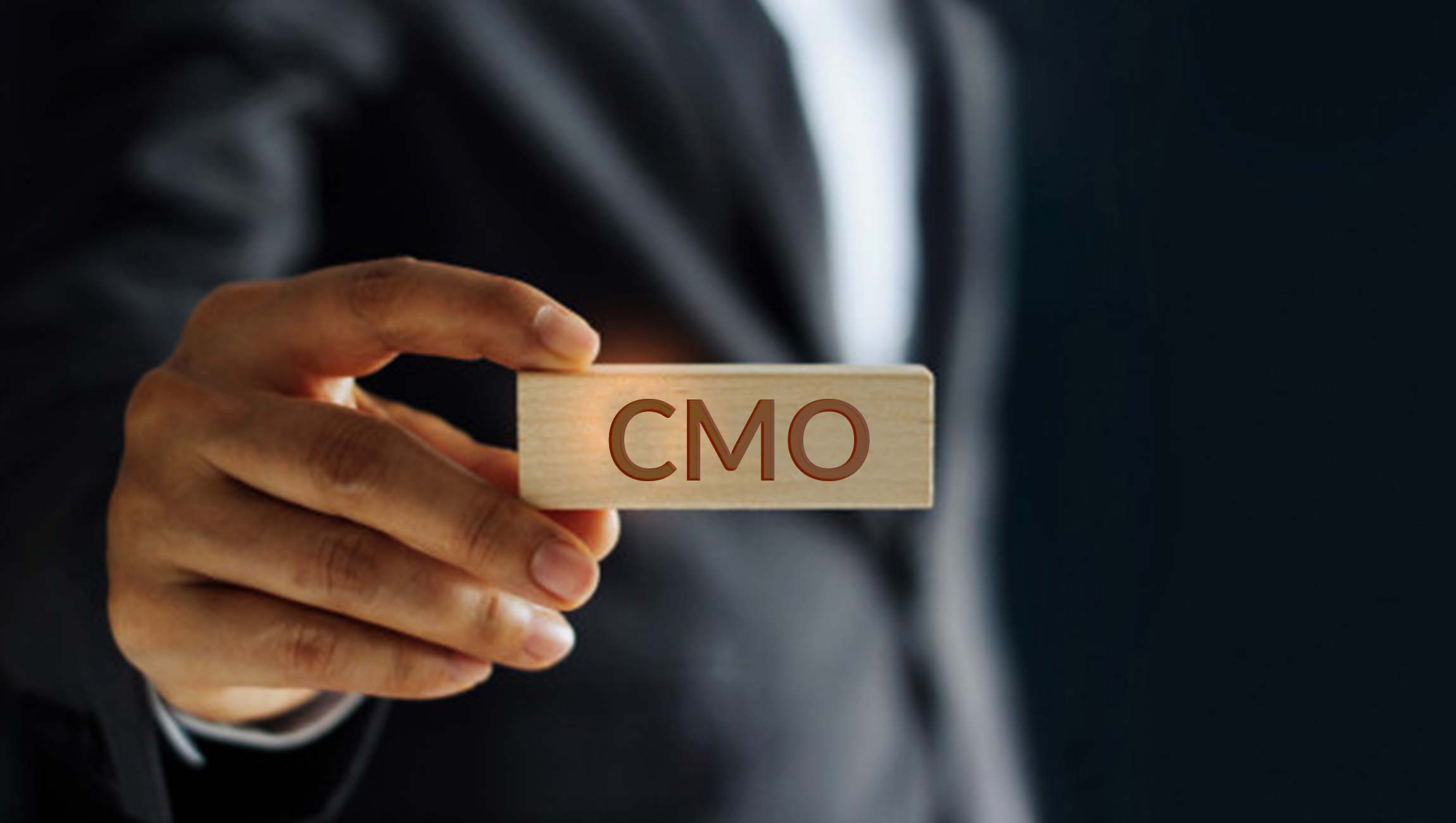What words or definitions come to mind when you hear “CMO”?
More simply, what is marketing? The answer to this question is not only complex but also requires multiple baseline questions. Much like the discipline it oversees, the role of a CMO is inherently multifaceted and ever-evolving; it thrives on being cross-functional. It paints a picture of an organization during a time when both human and digital communications are evolving faster than ever before.
The role has become so multi-dimensional that it explains why a “CMO” Google search will likely leave you more confused than educated. Constant evolution has created misconceptions about the role. What might be the greatest misconception of all is that CMOs are becoming obsolete.
This is fueled by the fact that select businesses have opted to eliminate the role of CMO to pave the way for new titles like Chief Experience Officer or Chief Innovation Officer. In fact, this only further underscores the evolution of the role, its broader reach and influence across the organization.
Read More: Top Challenges Digital Marketing Agencies Are Facing
Misconception #1: All CMO Roles are the Same
Professionals often assume the role of CMO solely entails leading marketing strategy and initiatives. Yet, according to Deloitte’s C-Suite Study, the vast majority of CEOs believe CMOs are responsible for initiating cross-functional collaborative efforts. A CMOs reach can go far beyond marketing from sales to product. The breadth of the role varies widely by organization dependent on company size, resources, and growth stage.
With CMO roles facing such a wide array of challenges and needs, they must have full transparency with CEOs. In a recent study of Fortune 100 CEOs, nearly all in tech-related fields have backgrounds or degrees directly related to engineering. This doesn’t mean CEOs don’t understand marketing, but it does mean their strengths, and potentially their trust and priorities, may lie elsewhere. Taking the time to narrow-in with the CEO on a mutual vision and expectations of the role is key. Having this candid conversation sets both the CMO and the company on the path for success.
Misconception #2: CMOs Only Handle Marketing Initiatives
If you aspire to gain the CMO role because you want to live and breathe marcom strategy and implementation 24/7, think again. Beyond brand building or demand generation, daily CMO responsibilities touch on everything from enterprise-wide business planning, customer strategy, analytics, sales enablement, product or service pricing, and M&A discussions.
As buyers become more sophisticated and demanding, the selling and marketing of products or services are becoming more challenging than ever before. The speed of technical innovation also impacts the relationship between buyers and sellers. CMOs that rise to address this modern buying landscape must be comfortable operating beyond the marketing department.
It’s good to note that CMOs engaged in enterprise-wide initiatives are succeeding, even if they don’t believe it themselves. Compared to the 52% of CEOS that believe CMOs are initiating collaborative efforts, only 32% of CMOs believe they’re doing a good job in this particular area. Stats, in this case, back up the sentiment that CMOs should feel confident as they expand their role.
Read More: Death of the Cookie: Future of Online Marketing
Misconception #3: CMOs Have All The Marketing Answers
Marketing, true to the cliche, is still a combination of art and science. Today, in most cases, we rely on data to inform decisions but there are still plenty of moments whether we like it or not, we must trust our gut. What might have worked in a previous situation may not work this time around. This requires constant testing, learning, and benchmarking in order to find concrete answers and what will work best now.
CMOs do not need to solve everything alone. Rather than fall into the pressure of knowing everything, use resources around you like connecting with other CMOs to talk through lessons learned from previous experiences.
The best leaders in the world surround themselves with experts on various topics to serve as both educators and sounding boards. Similarly, do not be shy about seeking advice from board members or others outside of your organization or industry. This garners a diverse perspective and can provide additional insight for both tactical and strategic decisions. In the end, make sure you are having an open dialogue about what works and what doesn’t.
Defending your own opinions, not your ego is an important skill.
Due to the ever-changing buying process and marketing landscape, misconceptions of CMOs are still prevalent. By dedicating the time to define and closely map the role of the CMO to the needs of the business, CEOs and CMOs can better position themselves to drive business growth.
Read More: Why Your Digital Marketing Strategy Needs Instagram











